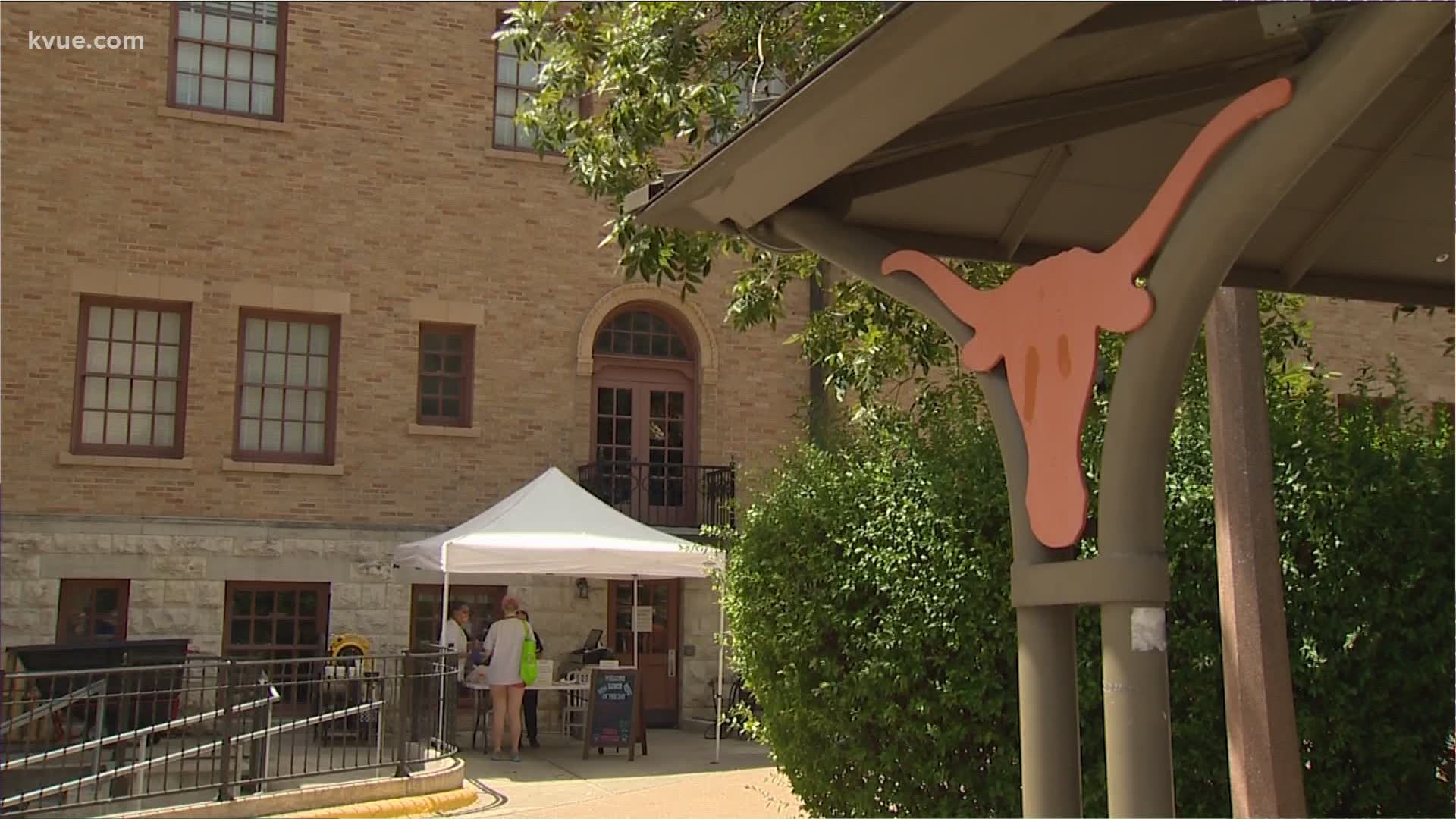AUSTIN, Texas — Following months of recent investigations into alleged sexual harassment among staff members at the University of Texas, a new policy is set to go into effect this Friday.
Adriana Alicea-Rodriguez, the associated vice president and Title IX coordinator with University Compliance Services, issued a letter to the UT community outlining the key changes in the policy.
Her letter can be read in full below:
Dear UT Community,
As part of our commitment to providing an educational and working environment free from sexual misconduct, The University of Texas at Austin is implementing a revised policy on the Prohibition of Sexual Assault, Interpersonal Violence, Stalking, Sexual Harassment, and Sex Discrimination. The policy, laid out in HOP 3-3031, reflects feedback from the campus community, recommendations from outside consultants at Husch Blackwell, and provisions that comply with the new federal regulations on Title IX.
The University of Texas System Board of Regents approved the policy Wednesday, and it will go into effect on August 14, 2020.
We are writing you today to highlight key elements of this new policy and what it means for UT Austin’s processes for addressing sexual misconduct.
Key Points
1. The standard of proof remains the preponderance of the evidence, which is defined as:
“The greater weight of the credible evidence. Preponderance of the evidence is the standard for determining allegations of conduct that violates this Policy (HOP 3-3031). This standard is satisfied if the action is deemed more likely to have occurred than not.”
RELATED: UT Faculty Council creating guidelines for professors in response to sexual misconduct violations
2. The university will continue to address allegations of off-campus violations.
Although the new federal Title IX regulations exclude certain off-campus violations from Title IX processes, the university can and will continue to address sexual assault, interpersonal violence (including domestic and dating violence), stalking, and sexual harassment through other grievance processes. This is in keeping with established university policy when alleged misconduct substantially affects a person’s education or employment with the university or poses a risk of harm to members of the university community.
Details about off-campus prohibited conduct, with information about the different grievance tracks for addressing off-campus conduct, are included in HOP 3-3031 Section IX. E. (pages 24 and 25).
3. The timeline to complete the entire grievance process (i.e., the investigation, hearing, and appeal) is no more than 165 days from the filing of a formal complaint.
4. Informal resolution, including restorative practices, will be an option for the parties in certain cases. However, informal resolution is not an option for cases in which the alleged conduct is sexual assault, dating violence, domestic violence, stalking, or sexual harassment.
5. All non-confidential employees (those employees who are not doctors, psychologists or other employees expressly designated as confidential) continue to be required to report all known information concerning an incident that constitutes stalking, dating violence, sexual assault, or sexual harassment as required under Texas state law. This includes Athletics coaches and trainers.
Thank you in advance for your continued patience as we all navigate these improvements. Should you have specific questions or concerns, feel free to reach out to me via email at titleix@austin.utexas.edu.
PEOPLE ARE ALSO READING:

